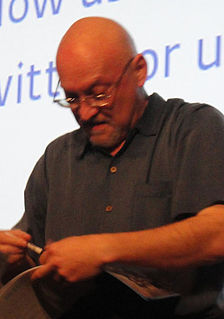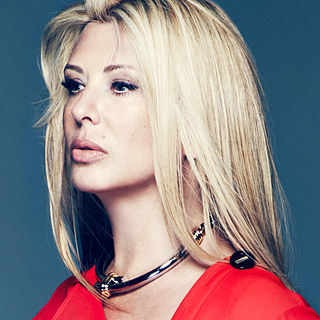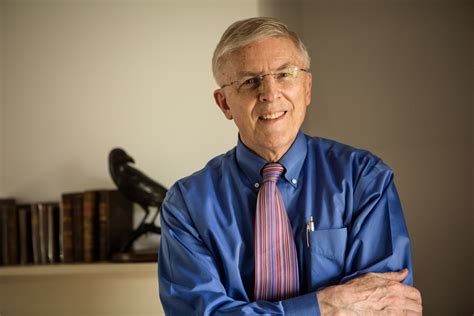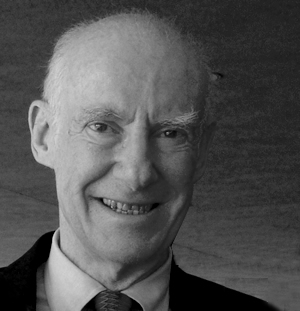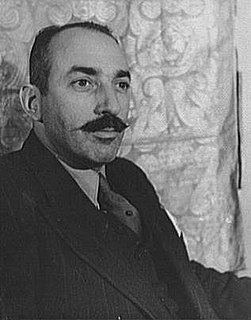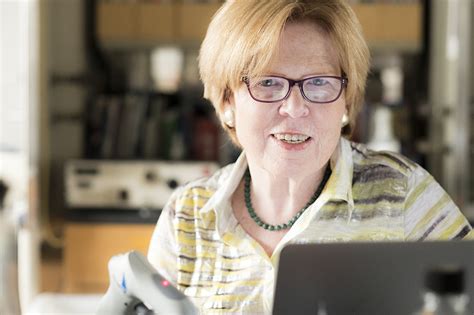A Quote by Bill Bryson
In my day, the principal concerns of university students were sex, smoking dope, rioting and learning. Learning was something you did only when the first three weren't available.
Related Quotes
I'm still learning. It's all a learning curve. Every time you sit down, with any given episode of any given show, it is a learning curve. You're learning something new about how to tell a story. But then, I've felt that way about everything I've ever done - television, features or whatever. Directing or writing, it always feels like the first day of school to me.
We were the first multibrand platform for the customization of designer clothing. And it's great to be a first mover if you manage to pull it off. You can have a great competitive advantage. But if you're quite early, you're learning a lot: both learning as a company, and the customer is still learning.
What is wrong with encouraging students to put "how well they're doing" ahead of "what they're doing." An impressive and growing body of research suggests that this emphasis (1) undermines students' interest in learning, (2) makes failure seem overwhelming, (3) leads students to avoid challenging themselves, (4) reduces the quality of learning, and (5) invites students to think about how smart they are instead of how hard they tried.
The essence of Vanderbilt is still learning, the essence of its outlook is still liberty, and liberty and learning will be and must be the touchstones of Vanderbilt University and of any free university in this country or the world. I say two touchstones, yet they are almost inseparable, inseparable if not indistinguishable, for liberty without learning is always in peril, and learning without liberty is always in vain.
Where I grew up, learning was a collective activity. But when I got to school and tried to share learning with other students that was called cheating. The curriculum sent the clear message to me that learning was a highly individualistic, almost secretive, endeavor. My working class experience...was disparaged.
Everything we know has its origin in questions. Questions, we might say, are the principal intellectual instruments available to human beings. Then how is it possible that no more than one in one hundred students has ever been exposed to an extended and systematic study of the art and science of question-asking? How come Alan Bloom did not mention this, or E. D. Hirsh, Jr., or so many others who have written books on how to improve our schools? Did they simply fail to notice that the principal intellectual instrument available to human beings is not examined in school?
There is first the problem of acquiring content, which is learning. There is another problem of acquiring learning skills, which is not merely learning, but learning to learn, not velocity, but acceleration. Learning to learn is one of the great inventions of living things. It is tremendously important. It makes evolution, biological as well as social, go faster. And it involves the development of the individual.

